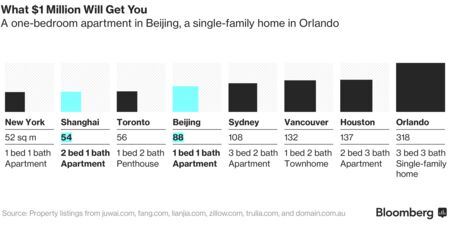Dallas is about to have America's largest urban nature park -- surprised?
A number of nature-oriented projects still have to be completed before the pieces of the puzzle will fit together. This is happening with little public awareness because the projects are being conducted independently, managed by different parts of the government whose communications with each other are usually sparse.
The location of all this is in the area the city calls the Trinity River Corridor. The important piece of this vast watershed extends from where the main stem of the Trinity River starts, just upstream from the Mockingbird-Westmoreland bridge, and goes all the way down to where the river crosses Interstate 20 at Dallas' southern city limit.
* Birds/Horses/Golf -- In a 1,000-acre section of the Great Trinity Forest, accessed by I-45 and Loop 12, only a 10-minute drive from downtown Dallas, three significant projects have been completed in the last eight years. The Trinity River Audubon Center opened in 2008 as a nature center for the forest and an education center that teaches environmental science to 25,000 kids a year. In 2015, the Texas Horse Park opened, with a rodeo arena as big as Mesquite's and plans to host national equestrian events. This fall, the Trinity Forest Golf Club opened, and will be the new home of the AT&T Byron Nelson tournament beginning in May 2018.
* Lakes -- Over 10 years ago, the U.S. Army Corps of Engineers began a project to help the floodwaters of the Trinity River move more efficiently downstream from the downtown Dallas area. They did this by clearing some clusters of trees in that area and installing a series of seven or eight lakes that they like to call "wetlands." This Trinity Lakes area is about the size of White Rock Lake, with a shoreline that rivals that huge lake. The corps is currently building a Katy Trail-style bike path covering most of the distance from Downtown Dallas to the horse park/golf course/Audubon Center area about 10 miles away. That trail is mostly complete and should be finished by next summer at the current pace.
* Trinity Park -- Because of the years of hard work by Trinity Trust and the generosity of the Harold Simmons family, Dallas' between-the-levees park, called Harold Simmons Park, is now closer to being funded, with a $50 million commitment from the Simmons family, plus $30 million from an earlier bond program. Among its many important aspects is that it will serve as a launch-point to the Nature District that will extend through the Trinity Lakes area and horse park/golf course/Audubon area all the way to the southern end of the Great Trinity Forest almost 20 river-miles away.
The extent of this Nature District is hard to comprehend. Counting the 1,000 acres of the existing developed areas, 2,000 acres between the levees and 7,000 acres of the Great Trinity Forest, the 10,000 acres is over 10 times the size of New York's Central Park.
What is missing thus far is a recognition by the city of how these projects are connected, and a packaging of the nature park for what it will likely be -- the largest urban nature park in America. In 2015, a group of conservation-minded business leaders formed the nonprofit Trinity Recreation Conservancy to help the city with this task. We encourage the city to allow us to help.
source: http://www.dallasnews.com



